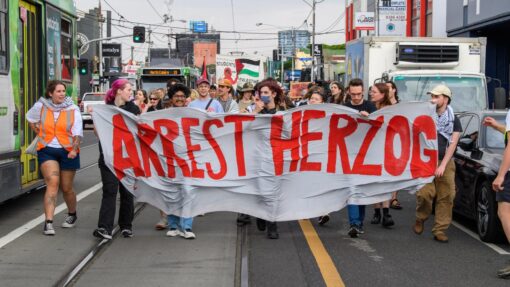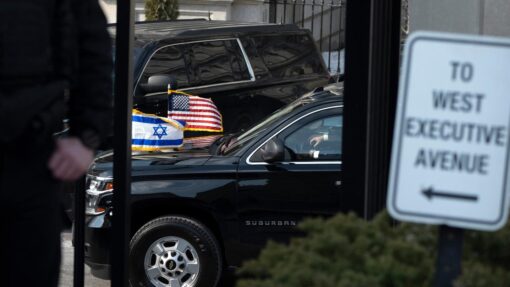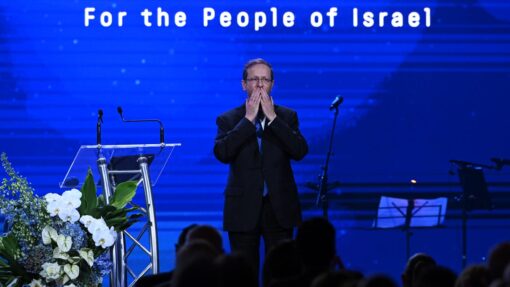Australia is back at world table: Albanese
Maeve Bannister |
Anthony Albanese says Australia is back at the table engaging with historic allies and punching above its weight in the region.
With regional trade and co-operation at the heart of the APEC summit, hosted by Thailand, the prime minister is focused on the removal of $20 billion of Chinese sanctions on Australian products.
President Xi Jinping, who Mr Albanese met at the G20 meeting in Bali, is attending the summit.
The APEC forum brings together leaders from 21 member economies with interests in the Asia-Pacific region.
Members include the US, Canada and China but leaders of France, Saudi Arabia and Cambodia have been invited as guests.
Mr Albanese said it was clear Australia was regaining prominence on the world stage.
“We punch above our weight in international forums, when we are mature, when we’re sensible and when we engage in diplomacy,” he told reporters in Bangkok on Friday.
The prime minister credited his “extraordinary” Foreign Minister Penny Wong who had worked on Australia’s diplomatic relations since Labor won the election in May.
“The entry fee for credibility in international forums is action on climate change,” he said.
“Australia can punch above our weight, but in order to do so we’ve actually got to have credibility.”
Mr Albanese is unlikely to support Taiwan’s entry to one of the world’s largest trading blocs, the Comprehensive and Progressive Agreement for Trans-Pacific Partnership.
Asked if he would like to see Taiwan join the bloc, Mr Albanese said it was “a relationship between nation states that are recognised”.
“Taiwan is represented here (at APEC) because it is represented here as an economy,” he said.
“We support the status quo on Taiwan and on the Taiwan Strait, we don’t want to see any unilateral action which alters that status quo.”
Having attended the G20 summit in Bali and ASEAN-related meetings in Cambodia, Mr Albanese said APEC was an important opportunity to promote Australian business, economic activity and investment in the region.
But economic uncertainty, rising inflation and pressure on energy prices are also featuring in the talks.
“The 21 economies who will gather here over the next two days will have important discussion and dialogue about how we overcome these challenges through increased cooperation,” Mr Albanese said.
But it’s also a chance to work on face-to-face relations and Mr Albanese will take part in a number of bilateral meetings with his world leader colleagues.
He joined US Vice-President Kamala Harris, South Korean Prime Minister Han Duck-soo, Japan’s president Fumio Kishida, New Zealand Prime Minister Jacinda Ardern and Canadian Prime Minister Justin Trudeau to condemn a ballistic missile fired by North Korea.
This follows formal talks at the G20 with US President Joe Biden, UK Prime Minister Rishi Sunak, French President Emmanuel Macron, Indian Prime Minister Narendra Modi and others.
Mr Albanese secured a 32-minute meeting with Mr Xi on the summit sidelines, the first time in six years leaders of Australia and China have met formally.
However, he is tempering expectations on the removal of Chinese trade sanctions, saying it would take time.
Former Liberal foreign minister Julie Bishop said securing a meeting with the Chinese president was “significant”.
“The fact that the meeting was held at all is a breakthrough, but now of course we will see whether anything changes,” she told the ABC.
“We have been in the diplomatic deep freeze with China for some six years and so the thawing of the relationship is good news, particularly for Australian exporters.”
AAP


